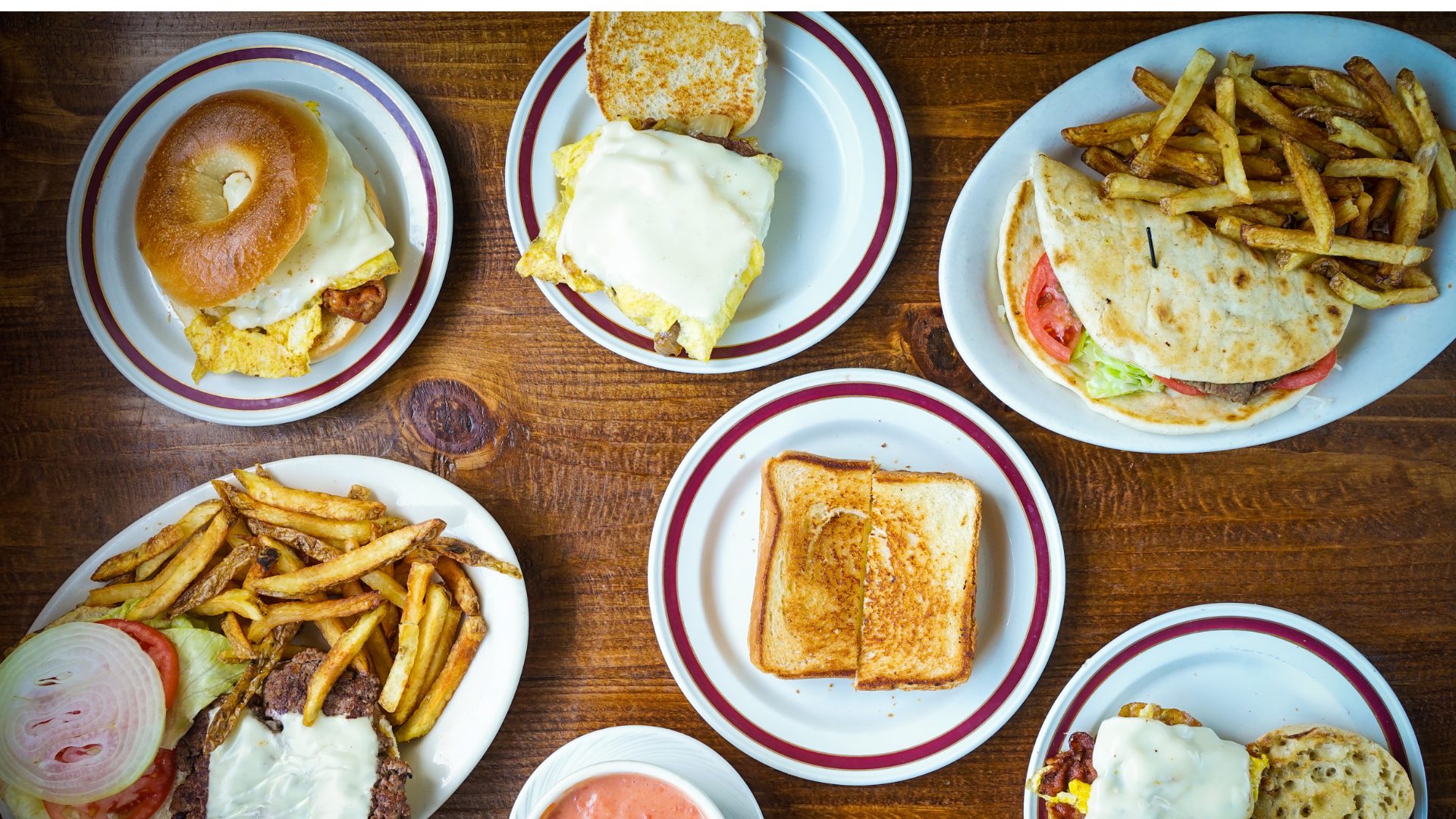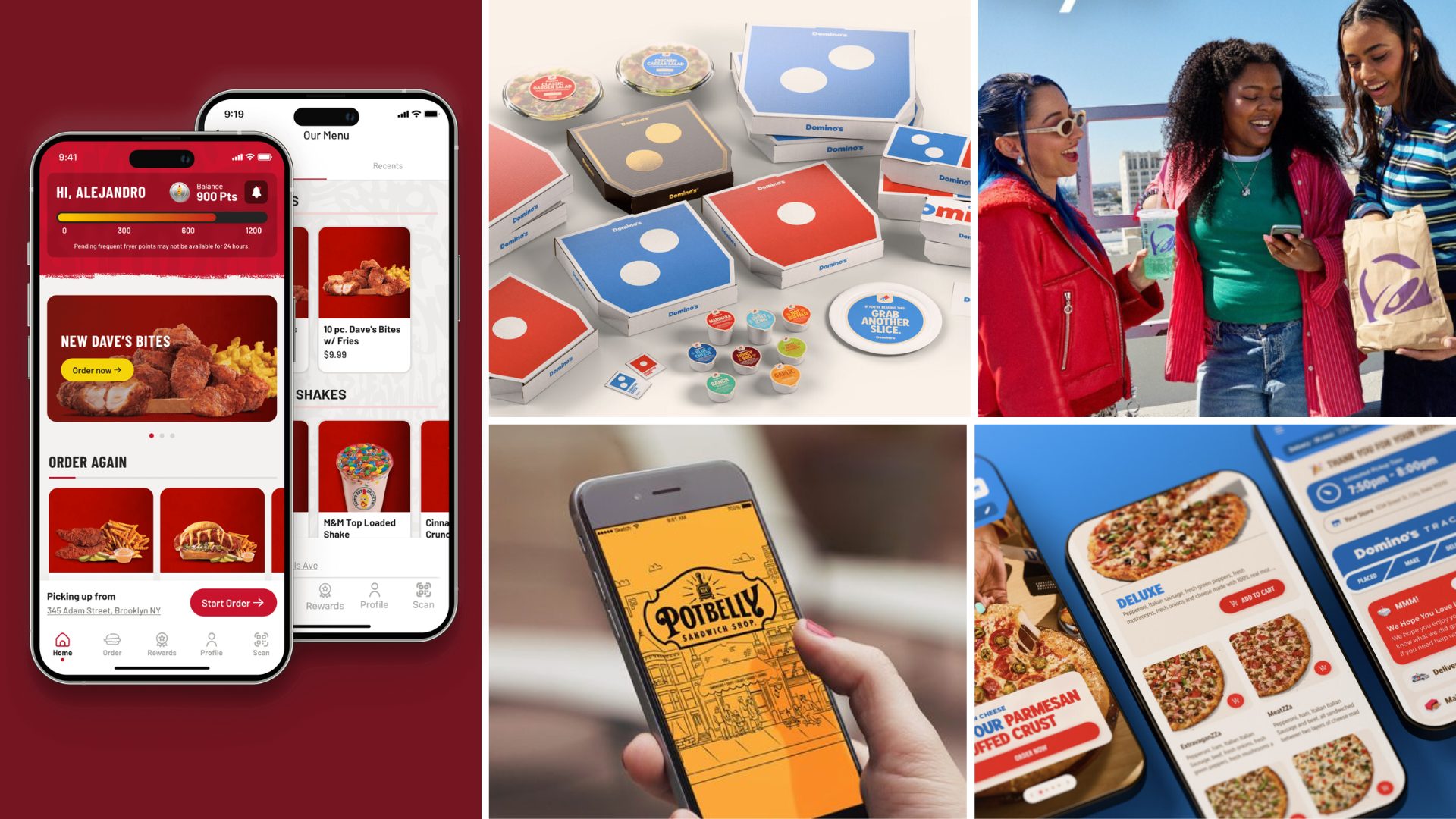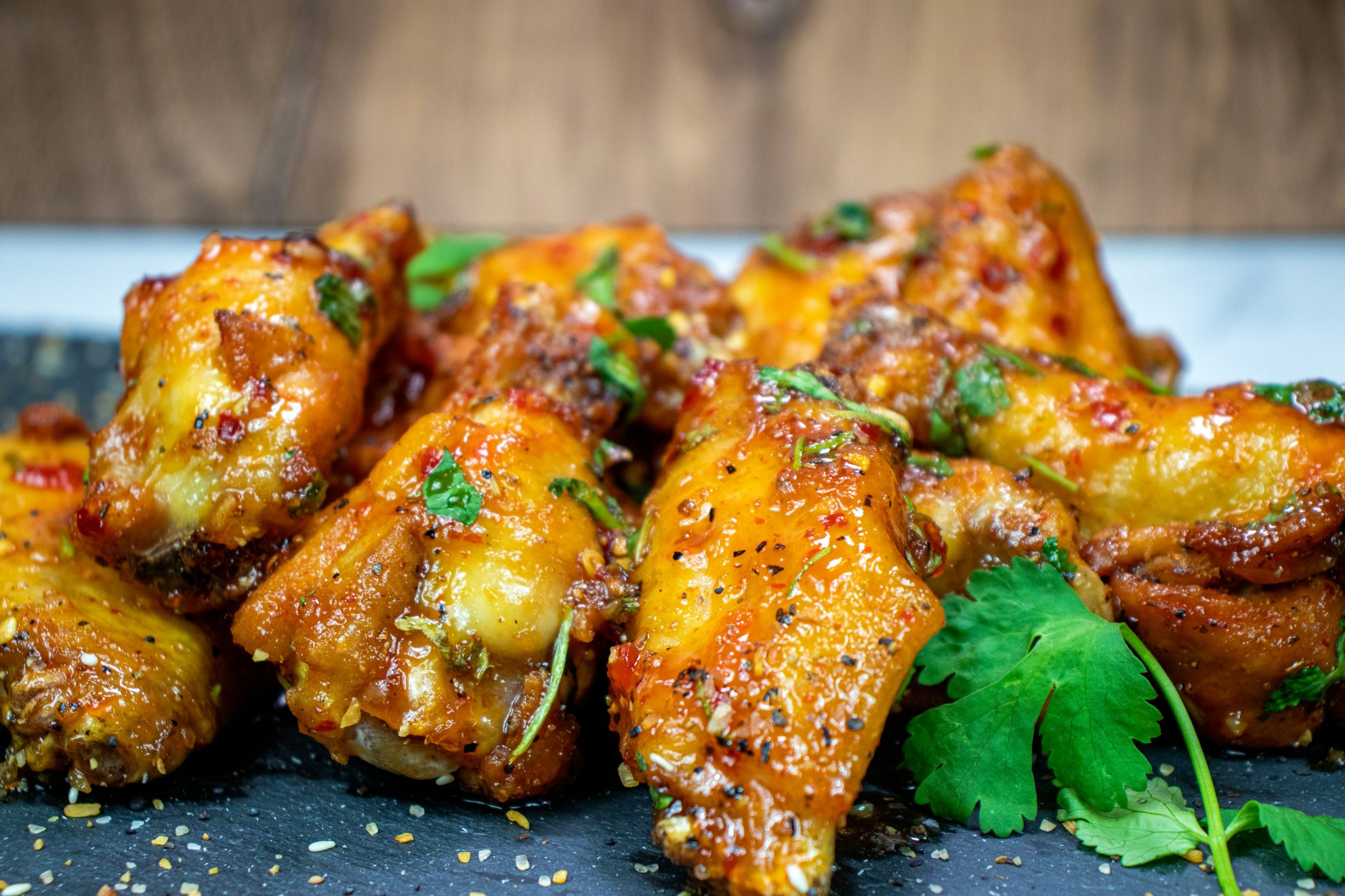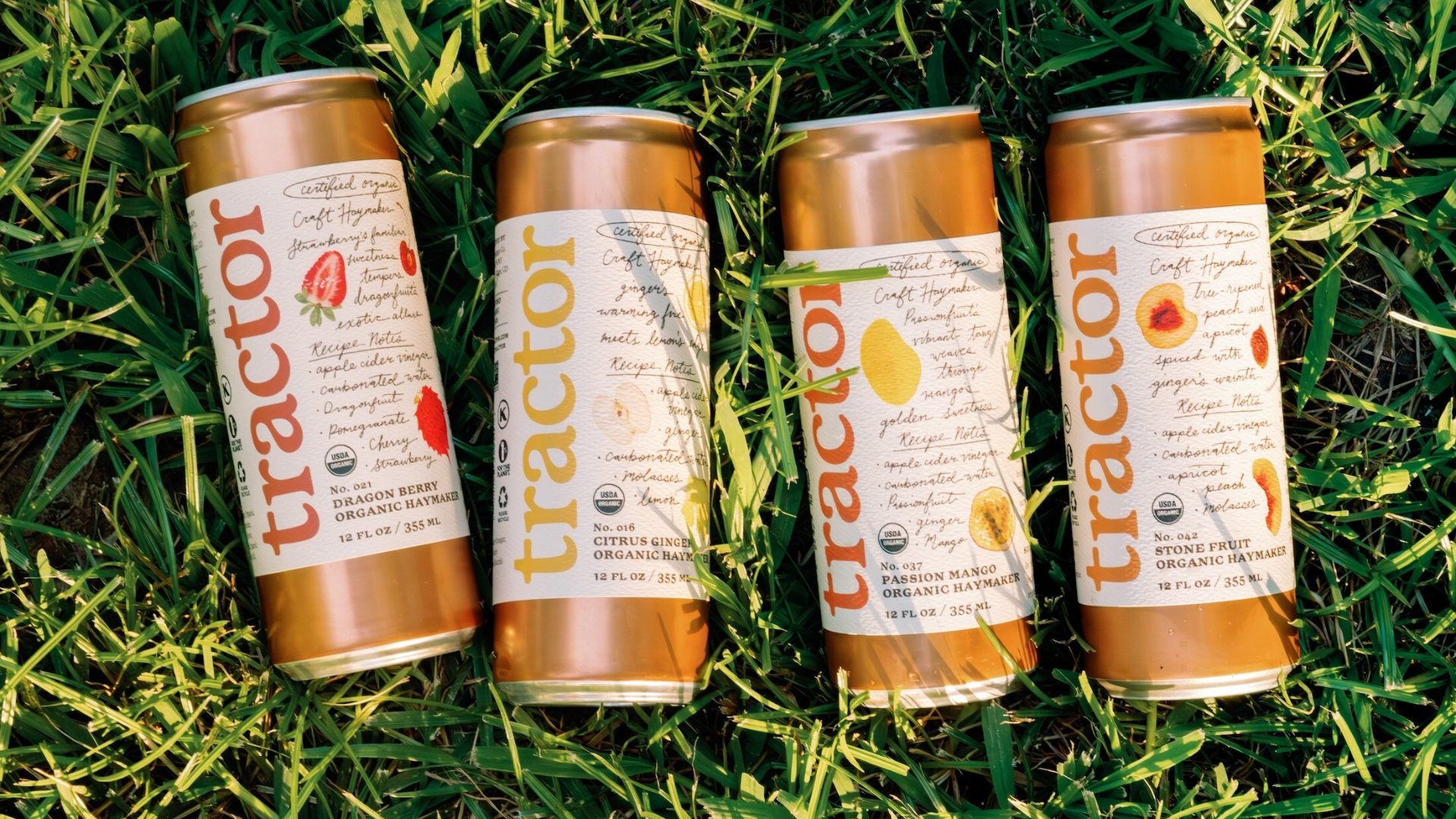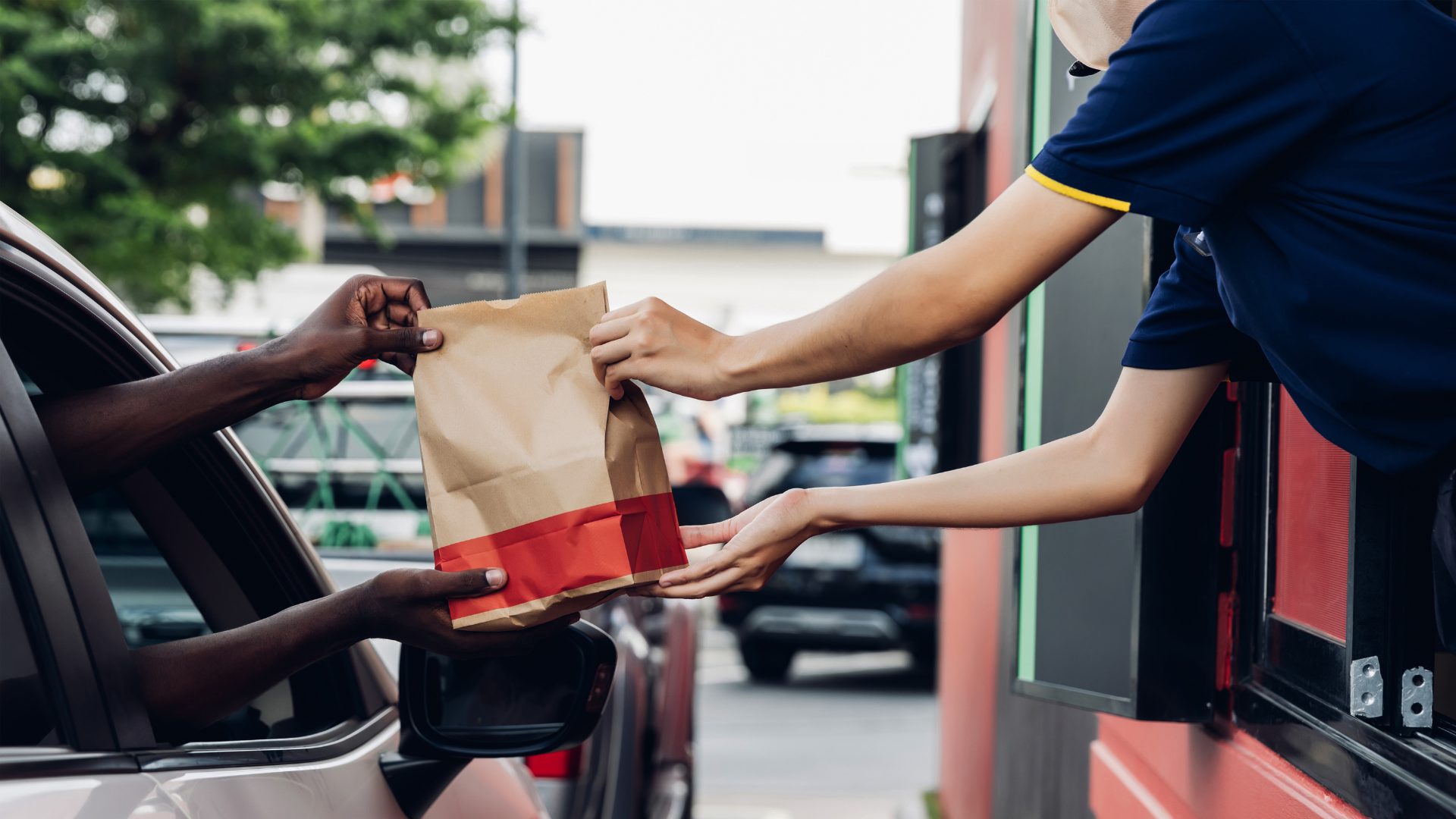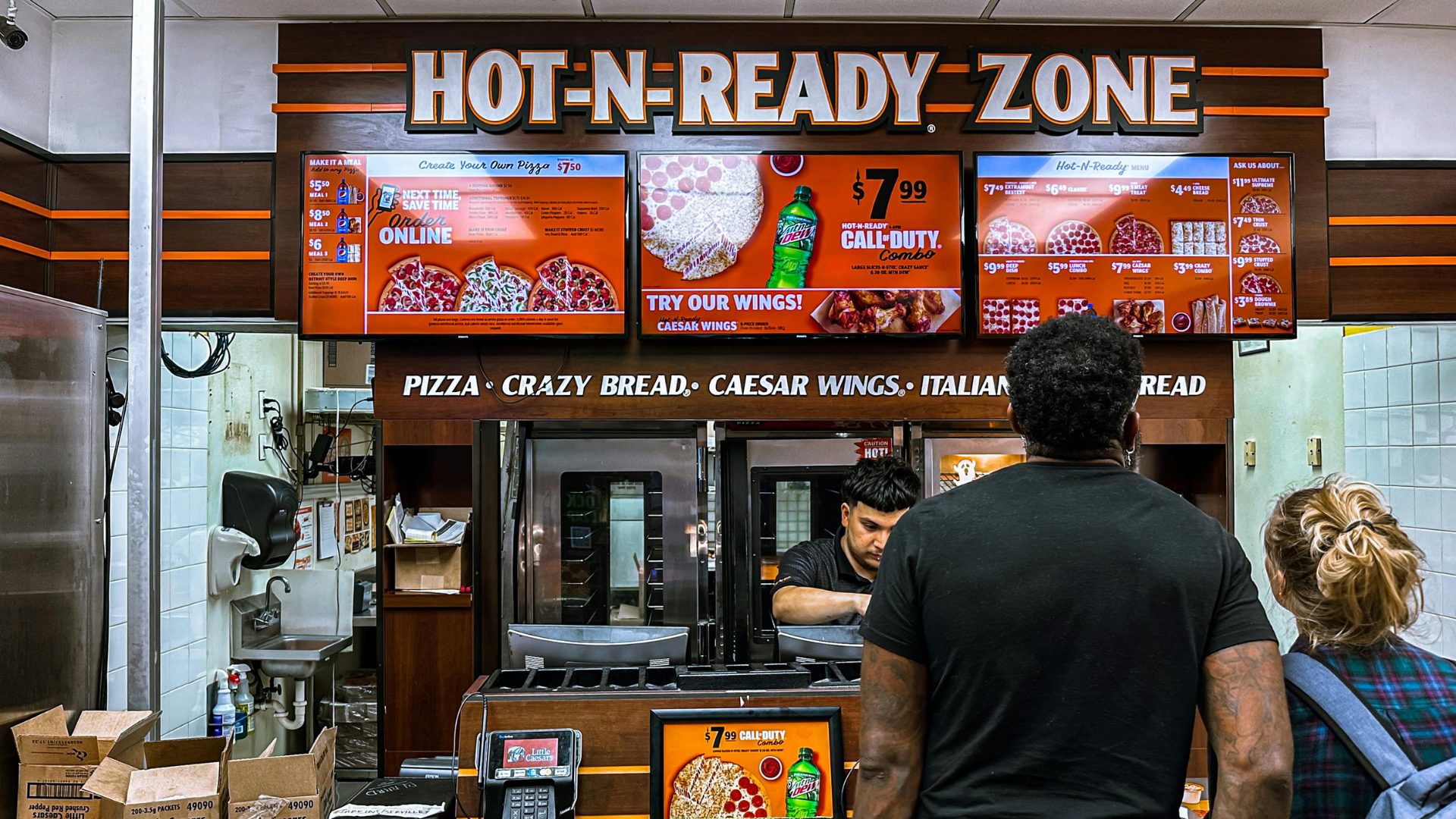The breakfast daypart has been a big struggle for many restaurants of late.
Recent analysis of 22,000+ Google reviews identified the restaurant chains that customers say have the slowest service, and IHOP topped the list. Meanwhile, fellow breakfast-centric restaurants Cracker Barrel, First Watch, and Denny’s ranked fourth, fifth, and sixth on the list, respectively.
“Breakfast is really one of the toughest [dayparts] to win,” Milos Eric, general manager at OysterLink, told The Food Institute. “People are in a rush, they’re loyal to their morning routines and unforgiving if the service isn’t absolutely perfect and on time.”
Eric added that the daypart challenges restaurants because “it’s also very demanding in terms of labor and supply. You have to open earlier and pay staff for prep, cooking, and cleanup during hours that generate lower profits. You also have to get coffee, fresh eggs, and baked goods at the precise time.”
Making matters worse for the restaurant industry, fast-food chains are losing breakfast customers to convenience stores. Morning meal traffic to QSR chains rose 1% in the three months ending in July, while visits to food-forward convenience stores climbed 9% in the same period, according to Circana and CNBC.
Why have American diners seemingly lost their appetite when it comes to breakfast? The list is rather lengthy.
“Breakfast is one of the first dayparts to be cut when consumers are tightening their wallets,” said Michael Della Penna, InMarket’s chief strategy officer.
“Another element at play is an increased focus on health, where diners might feel they’re more likely to get a nutritious breakfast at home.”
McDonald’s, Rivals Rethink Breakfast Strategy
McDonald’s has long been the breakfast leader among fast-food chains, dominating the morning daypart thanks to menu items like the Egg McMuffin. Morning visits to McDonald’s accounted for 33.5% of the chain’s traffic in early 2019, but that number dipped to 29.9% by 2025, according to NBC News.
“We – as well as the rest of the industry – are seeing that the breakfast daypart is absolutely the weakest daypart in the day,” McDonald’s CEO Chris Kempczinski said recently, as noted by CNBC.
Year-over-year morning traffic to fast-food chains has fallen every quarter for the last three years, according to data from Revenue Management Solutions.
Portillo’s recently ended its breakfast trial in the Chicago area; the fast-casual chain said it now aims to simplify operations in the near term, reported Restaurant Business. In late 2024, Taco Bell announced it was giving franchisees the option of whether to continue offering breakfast.
Reconnecting with Early Risers
Experts feel restaurants’ breakfast-related marketing efforts must connect with consumers throughout the purchase journey, with engaging advertising experiences that stress compelling value offers.
“The largest hurdles are improving consumers’ value perception of the breakfast daypart, so they feel that the spend is worth it,” Della Penna said, “while building or rebuilding the habit for many customers of getting their morning caffeine fixes and breakfast out [at restaurants].
“The launch of IHOP’s first-ever value menu (last) week is a fantastic example of a chain working to win back customers through enhancing the value proposition,” he added.
The breakfast daypart continues to provide opportunities for restaurant chains – as long as a well-considered strategy is in place. Breakfast transactions at many restaurants are shifting toward weekends, when customers typically purchase higher quantities per transaction and spend more per check, reported nrn.com.
“It shouldn’t be ‘game over’ for restaurant brands when it comes to serving breakfast,” Della Penna said. “Instead, this should be a moment of reflection and innovation.”
The Food Institute Podcast
How can a food industry trade show spark global culinary creativity? Anuga’s JP Hartmann, U.S. Consul General Preeti Shah, and World Food Championships’ Nikki Jackson share their perspectives on how the U.S. presence at Anuga 2025 is helping to bridge culinary experiences together.


